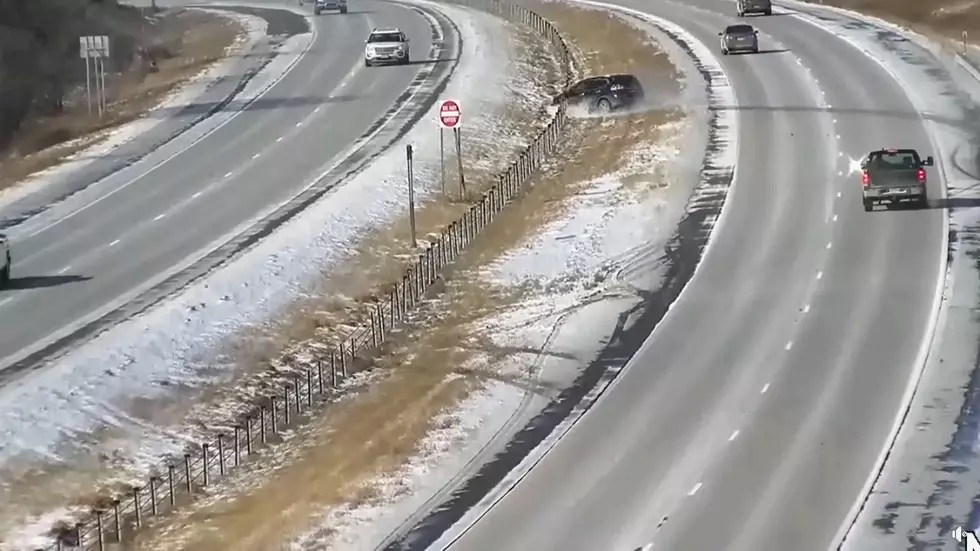
Watch What Happens When Cars Crash Into Steel Cables On Minnesota Highways
Ever notice the different barricades on roadways and wonder how exactly they work or how they differ from each other?
It can be very difficult to drive in Minnesota, especially during the winter months. I've always been curious on how those steel cables work on highways throughout Minnesota.
The Minnesota Department of Transportation recently shared a video of different vehicles crashing into the cables and explained how they work. They posted the following on their Facebook page:
High-tension cable median barriers consist of four steel cables mounted on metal posts. When a vehicle hits the barrier, the posts break and the cables flex, absorbing much of a crash’s kinetic energy. The cables redirect the vehicle along the median, preventing a cross-median crash and reducing the severity of the crash.

According to MNDot, after a car crashes into a section of the high-tension cable barrier, maintenance crews can repair the damaged section in a quickly and timely manner. Not only do these kind of barriers lessen crash severity, they also cost less then concrete barriers.
These barriers are more common in highway sections that include entrance and exit ramps that lead to traffic weaving or a change in the number of lanes:
For more info, you can always check out MNDot's Traffic Engineering page. The mission of the Office of Traffic Engineering is to reduce fatal and life changing crashes on Minnesota roadways.
Please drive safe out there, as crashes can happen during all of the seasons and not just winter up here in the frozen tundra. Now you know a little bit more about those steel cable barriers on Minnesota highways. Check out the video below to see the compilation of the crashes and to see how the cables work in action:
16 Strange Travel-Related Things That Have Happened On Minnesota / Wisconsin Roads
Winners Of The MNDOT Name A Snowplow Contest
More From MIX 108









